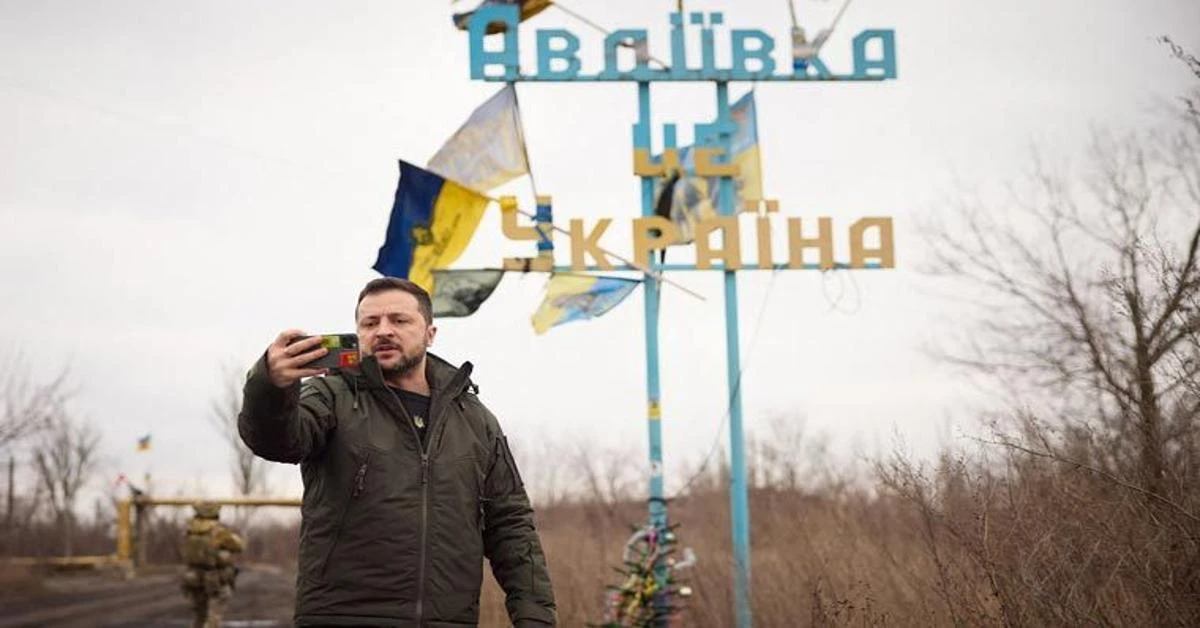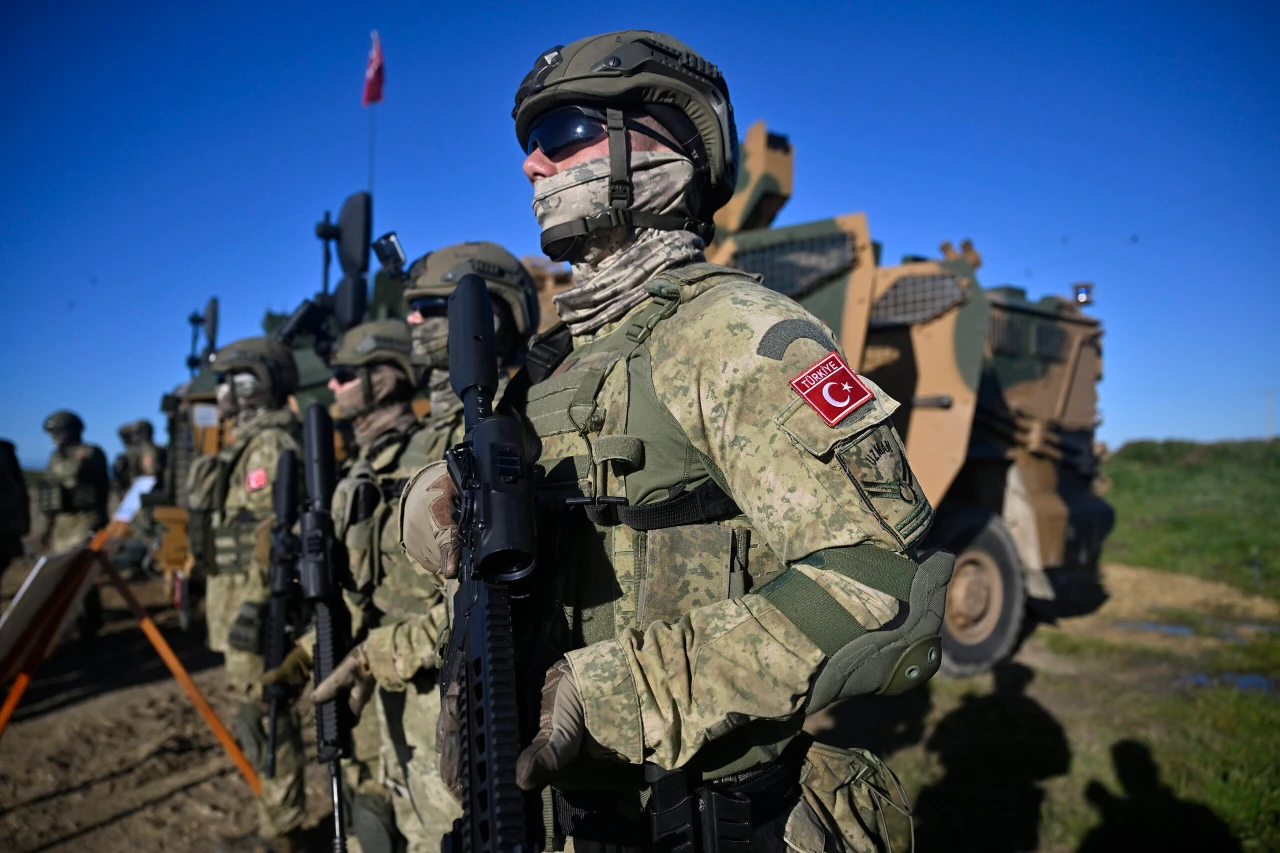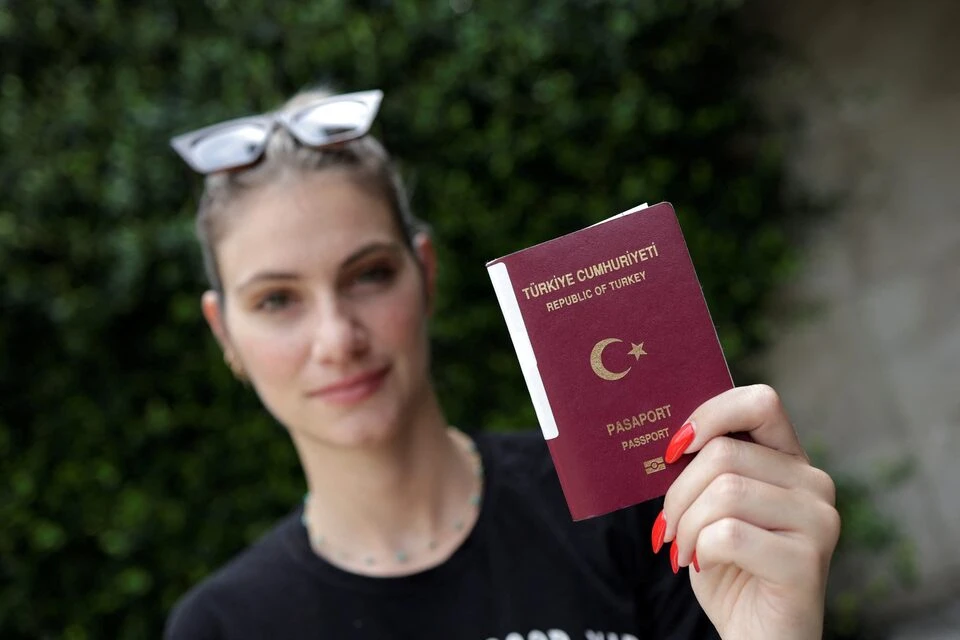Ukraine pulls out soldiers from Avdiivka

The troops were being relocated to more advantageous positions, says the Ukrainian commander-in-chief
The military leader of Ukraine announced early Saturday that he is pulling back troops from Avdiivka in eastern Ukraine, where defenders have been engaged in a four-month struggle against a Russian attack despite being outnumbered.
This decision is crucial given Russia’s desire for a morale boost leading up to the second anniversary of its invasion of Ukraine on Feb. 24 and the upcoming presidential election in March.
In a brief statement shared on Facebook, Ukrainian commander Oleksandr Syrskyi explained that the withdrawal aims to prevent encirclement and safeguard the lives and well-being of the soldiers.
He mentioned troops are relocating to more advantageous positions.
Syrskyi praised the soldiers for their honorable service, highlighting their efforts to combat elite Russian military units and inflict significant losses on the enemy. The statement also emphasized the commitment to stabilizing the situation and holding their ground.
The decision to withdraw follows Ukrainian President Volodymyr Zelenskyy’s recent diplomatic efforts in Western Europe to secure continued military support for Ukraine. This move is a significant test for Syrskyi, who was appointed as the new army chief just last week.
Reports indicated a deteriorating situation for Ukrainian forces in Avdiivka, with street fighting ongoing and the troops facing overwhelming odds against Russian soldiers.
The Russian forces have been relentlessly bombarding the area, with the Ukrainian troops putting up a valiant defense despite the challenging circumstances.
While the potential capture of Avdiivka may provide a symbolic victory for Russia, experts suggest it may not lead to significant operational changes along the front line.
The Institute for the Study of War believes that any Russian advancement from Avdiivka would likely be limited in scope and primarily offer political and informational gains for the Kremlin.
Source: Newsroom



